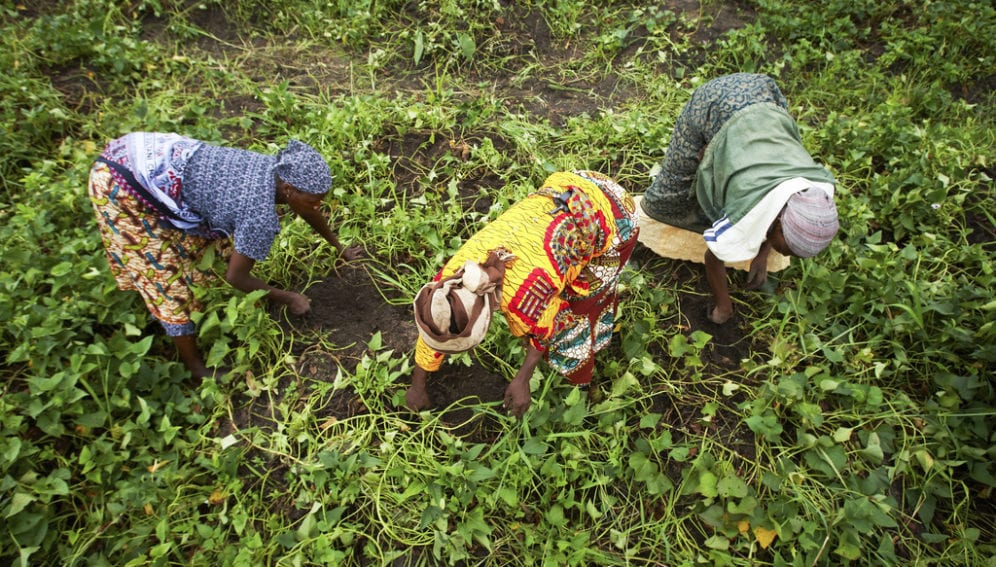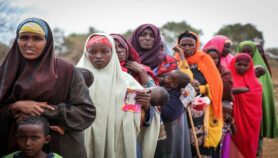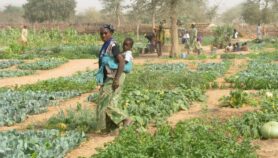By: Gilbert Nakweya
Send to a friend
The details you provide on this page will not be used to send unsolicited email, and will not be sold to a 3rd party. See privacy policy.
[NAIROBI] Projects to reduce greenhouse gas emissions on small-scale farms can help African farmers access carbon markets and reduce poverty, and should be scaled-up, according to a policy brief.
Carbon projects that reduce emissions of greenhouse gases such as carbon dioxide andmethane can earn farmers 'carbon credits' for sale in the global carbon market.
But smallholder carbon projects face serious management and policy challenges, including management complexity and the high cost of project development.
Despite this, project managers are developing innovations to get around the challenges, says Seth Shames, the policy brief's lead author, whocoordinates Eco-agriculture Partners' Payments for Ecosystem Services program.
The brief draws lessons from six projects in East Africa involving poor farmers, and assessed how to ensure projects are more equitable, successful, and sustainable.
The lessons include upfront financing and minimising financial risks for famers, the need to cultivate strong relationships between carbon project managers and community groups, empowering local actors to manage projects, and the need to develop partnerships to scale a project up.
The research was conducted by EcoAgriculture Partners and the CGIAR Research Program on Climate Change, Agriculture and Food Security(CCAFS).
It focused on five aspects: project organisation and management, the structure and role of community groups within the projects, costs and benefits for managers and farmers, strategies to manage risks to farmers, and efforts to support women's participation.
The participating projects included CARE International's Sustainable Agriculture in a Changing Climate, Vi Agroforestry’s, Clean Air Action Corporation’s (CAAC) and the International Small Group and Tree Planting Program (TIST), all in Kenya
Others are the Cocoa Carbon Initiative in Ghana, ECO-TRUST's Trees for Global Benefits in Uganda and World Vision’s Assisted Natural Regeneration Project in Humbo, Ethiopia.
The brief concludes that more smallholder farmers in Africa could take advantage of carbon markets and other climate change mitigation financing mechanisms to get training and support for managing agricultural land more sustainably, which would improve the yield and resilience of their agricultural systems.
Shem Wandiga, managing trustee at the Centre for Science & Technology Innovations, Kenya, said the research proves that helping small scale farmers adapt to climate change will improve food production, food security and reduce poverty.
"As the new international mechanism under the UN Framework Convention on Climate Change is developed, successful projects described in this study should be up scaled by governments and in that way mitigate the impact of climate change," he says.
The policy brief was published last month (23 May) by CCAFS.
This article has been produced by SciDev.Net's Sub-Saharan Africa desk.














